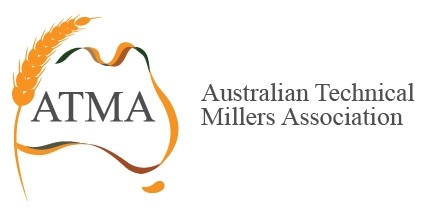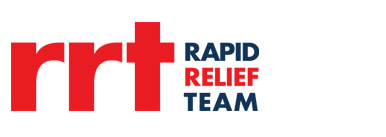Global supply chains have always been vulnerable to shocks that affect the flow of goods and services – such as limitations to international business relations. However, the recent COVID-19 pandemic affected many supply-chain leaders in an unprecedented way – material shortages, drop in demand, worker shortage, are all felt by leaders across industries according to a recent survey by McKinsey. All of a sudden, companies have to restrict movement of people & goods, face border closures, as well as handling logistical constraints. At the same time, the demand for certain essential items surges to its highest level in the last few years.
The pandemic has tested the industrial supply chain like never before – in fact, 94% of Fortune 1000 companies are seeing supply chain disruptions due to the pandemic. The labour-intensive manufacturing sector has been one of the hardest-hit. To mitigate the impact on business activities from COVID-19, players in the logistics, transport and supply chain industries had to adapt by transforming their operations. Here’s how the recent global pandemic has transformed the industrial supply chain.
Innovative Workforce Management Technologies
COVID-19 stressed the need for remote working & technology-driven industrial packaging systems to keep the team safe, while still delivering the resources needed to keep the business running. This crisis has accelerated the adoption of innovative workforce management technologies and practices among many companies. In fact, the pandemic is validating for those companies that already have a high degree of automation and remote access to critical business applications. These companies’ workforces are able to manage the systems from their own computers, tablets, even smartphones, thus enabling their business to run uninterrupted despite movement restrictions. While remote working is undoubtedly challenging to apply in the manufacturing sector, it is not entirely impossible.
With workplace safety and employee engagement more critical than ever, managers are adjusting workflows using workforce management technologies to accommodate a safe and properly-distanced environment. Remote monitoring solutions allows certain employees to still perform their task without having to physically be present on the factory floor. For example, a real-time AR-device showing production metrics by assembly lines, days, or shift, will allow plant managers to quickly oversee factory performance while maintaining a safe distance.
Deeper Focus on Regional Supply Chains
Many countries are looking inward for their supply-chain strategies, while multinational companies begin to consider minimising their outsourcing strategies to mitigate the risks of external disruptions due to different lockdown measures imposed by different countries. Governments of developed countries are increasingly addressing this matter – for instance, the Japanese government allocated US$2 billion to incentivise Japanese firms operating in other countries to relocate to Japan, a report by PwC stated. In addition, countries who produce essential supply of certain commodities seek to conserve these goods for their own consumption, restricting their export activities.
As a result, the global supply chains are becoming more regional in nature rather than international, moving closer to consumer markets. Strengthening regional supply chains and reshoring enables increased national security, local job creation, reduces vulnerability to external disruption, increases resilience, and fosters local development. This will create opportunities for local manufacturers to replace the previously imported supply of goods by increasing their production output. To meet the new demand, one way for local manufacturers to increase the production quickly is by using industrial packaging equipment.
Labor-Saving Technologies and Automation
Digital transformation in the manufacturing process was already going to happen in the near future, regardless of whether there was a pandemic to begin with; but Covid-19 has accelerated its adoption. The “new normal” restrictions with social distancing requirements demands a more efficient and agile manufacturing process in order to keep the supply chain running, which has made many businesses aware of the need for industrial industrial packaging systems.
As companies begin to restore operations and prepare a contingency plan to deal with future crises, digital technologies such as custom automation solutions will be on top of mind. Technological adoption in supply chain processes is critical to maintaining an effective supply chain industry, especially in the event of an unexpected supply shock. Players who are utilising machinery automation & robotics are in a better position to weather the storm, restoring their operations faster and further during a crisis compared to those who are behind in automation.
If executed well, automation in the industrial supply chain can solve problems by increasing the efficiency of employees, increased warehouse savings, and faster production of goods. With industrial packaging equipment and robots, for example, manufacturers will be able to reduce the number of workers to embrace social distancing, while also increasing productivity & efficiency, lowering expenditures, and increasing production speed.
Final Thoughts
All kinds of unprecedented challenges – pandemics, natural disasters, or labour shortage – can happen at any time; the question is whether we are prepared to face it. COVID-19 has exposed supply chains that are fragile to disruption, however it has also prompted the global industrial supply chain to change in a better way, such as embracing large-scale automation and moving to regional supply chains. The companies that deploy agile solutions that ensure visibility and the control will be the winners now and post-pandemic.
At Aurora Process, we are happy to assist you in unlocking your Process Potential, as we aim to make way for businesses to take advantage of everyday automation with confidence. We are specialists in end-of-line process equipment and industrial packaging machines, and we have worked closely with a variety of clients across the industrial supply-chain. Get in touch with us today and discover how you can improve your processing lines.








